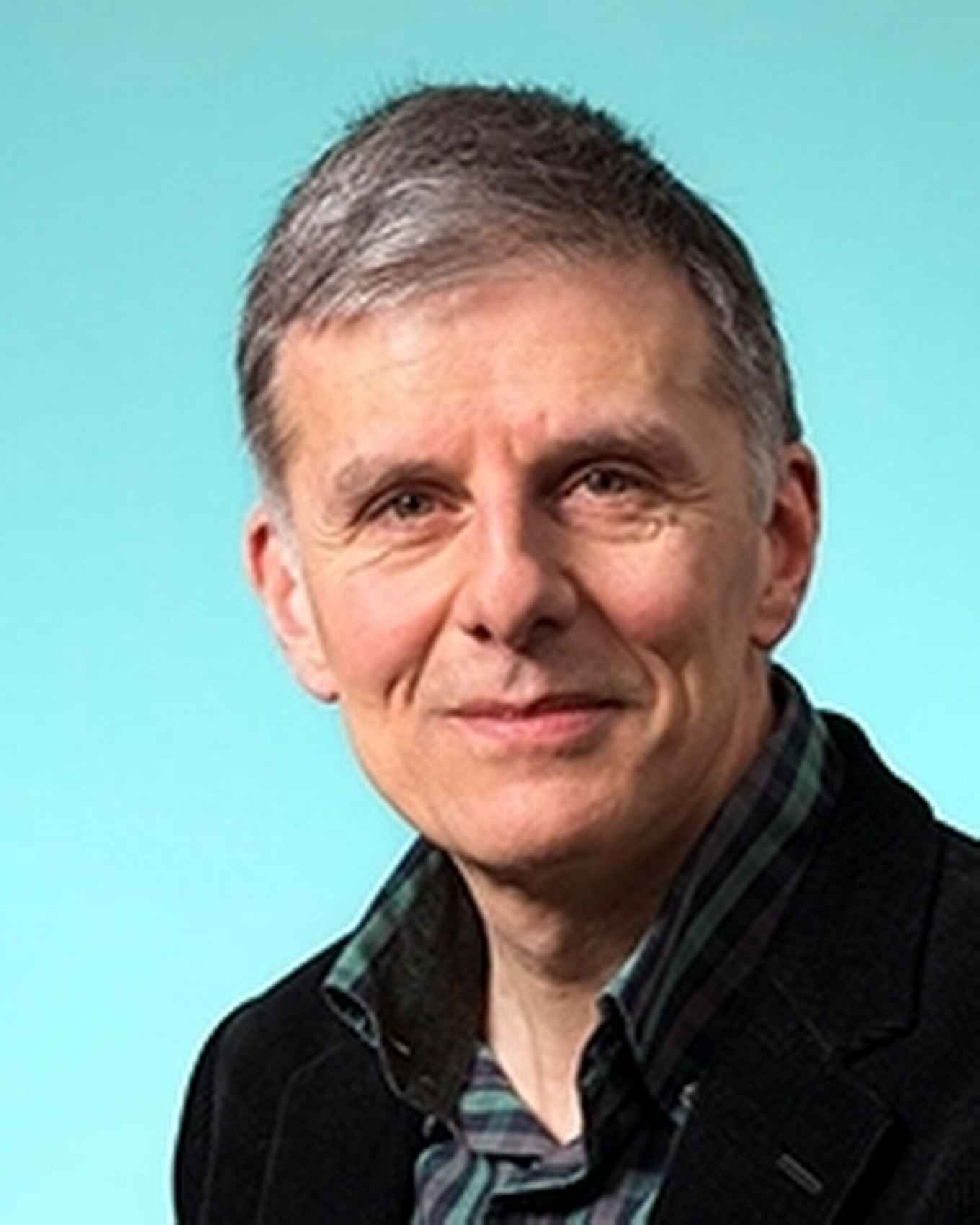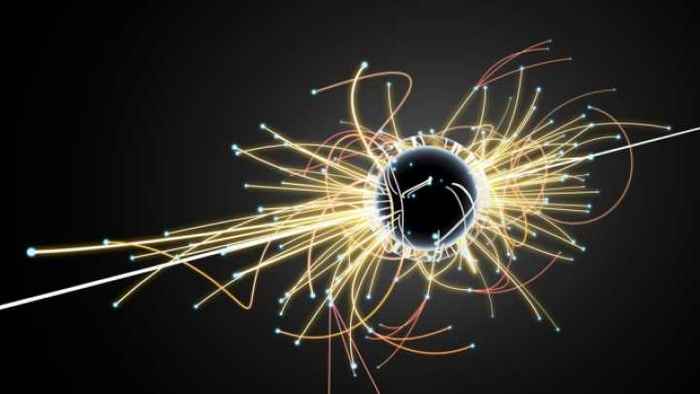NWO KLEIN Grant for Carlo Beenakker
Quantum Hall physics in a Weyl superconductor
3 July 2019

Superconducting quantum particles
In some materials, electrons move as if they have no mass. They behave in the same way as light particles (photons), which are also massless. These massless electrons are called Weyl particles, named after Hermann Weyl, the physicist who first predicted the possibility of massless particles a century ago. It turns out these Weyl particles are superconducting.
’I want to investigate how this property in combination with a magnetic field can contribute to the transport of charge and energy,' says Beenakker. 'The magnetic field penetrates a superconducting material in the form of thin wires, or rather "tubes", through which a Weyl particle can move like light particles through a fiber optic cable.' The expectation is that these tubes are therefore ideal conductors of heat and electricity. Beenakker: 'For the time being, this research is exploratory and not directly focused on applications. In the future, we may be able to use ideal conductors in electronics'.

NWO KLEIN grant
The Board of the NWO domain Exact and Natural Sciences has accepted fourteen applications in the Open Competition Science KLEIN, of which four for starting researchers. The subjects range from the study of mathematical optimisation methods to research into the origin of hormone action in plants. KLEIN grants are intended for curiosity-driven, unbound fundamental research of high quality and/or scientific urgency. The KLEIN grant offers researchers the opportunity to develop creative, risky ideas and to create scientific innovations that can form the basis for the research themes of the future. Click here to view the other applications that have been awarded a grant.